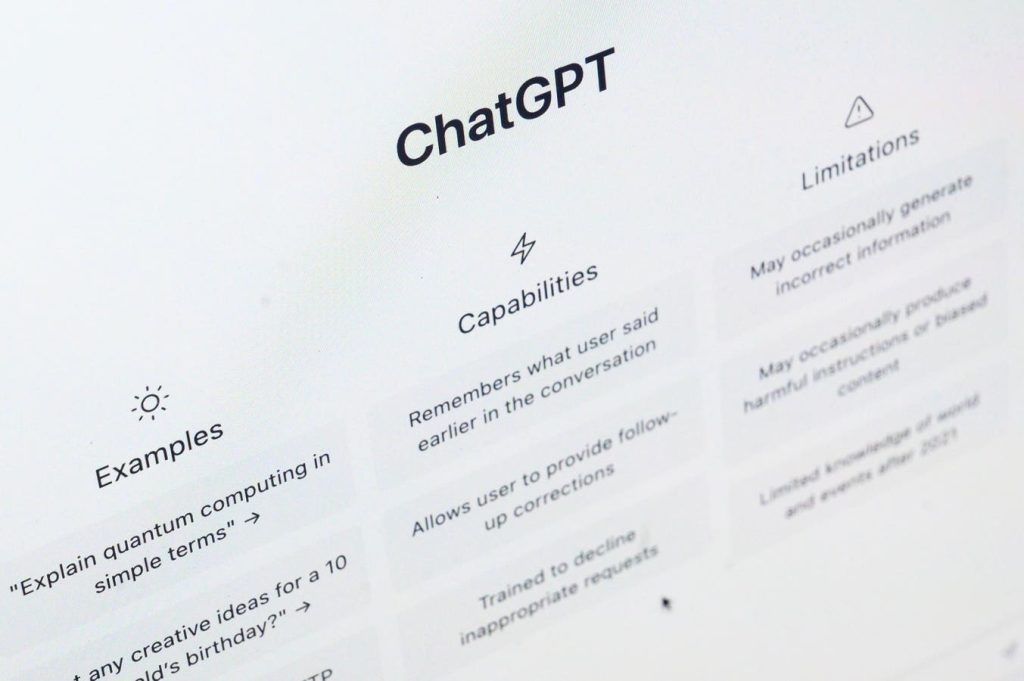A recent survey conducted by Cox Communications revealed that two-thirds of small business owners invested in AI for their companies last year, with 53 percent planning to increase their AI investments in 2024. While these businesses are not operating robots or developing large language models, they are utilizing generative AI platforms like ChatGPT, Google Gemini, Microsoft Copilot, and Anthropic for various back-office tasks such as analyzing spreadsheets, attending meetings, crafting emails, conducting research, creating policies, and analyzing contracts.
However, a significant concern arises with these platforms requiring employees to share and upload data. As AI assistants continue to advance, businesses will increasingly rely on cloud-based AI platforms for enhanced efficiency in running their operations. For instance, ChatGPT 4o can “see” and “hear” conversations, while Google’s Gemini can recognize elements within an office setting. As data is being processed by these platforms, it raises questions about the privacy and security of the shared information, which ultimately ends up in the hands of major technology corporations.
While there are assurances from governments, governors, and tech companies about the safe usage of AI, businesses are faced with the pressing issue of the privacy and security of their data. OpenAI, similar to Microsoft and Google, states that it will not sell data and only share it with consent for purposes like providing and improving services, communicating, ensuring legal compliance, conducting research and analysis, and enhancing security. This policy gives AI companies expansive control over the data shared with them, with potentially unfavorable consequences for businesses in case of disputes.
Concerns about data privacy and security are not unfounded, as even with secure measures in place, there is no foolproof guarantee against breaches or misuse of data. Companies like OpenAI may have stringent security protocols, but the risk of data being compromised remains real, similar to previous incidents involving data breaches at prominent organizations. This underscores the need for businesses to carefully evaluate the risks and rewards of utilizing AI platforms in their operations, weighing the potential benefits against the inherent data privacy and security risks involved.
In light of the data privacy and security challenges posed by AI platforms, smart business leaders are taking a pragmatic approach by balancing the risks and rewards associated with these technologies. While there are undeniable risks of data theft or misuse, the rewards offered by AI tools, such as improved customer service, increased sales, enhanced productivity, and higher profits, are substantial. Ultimately, there is no definitive solution to the data privacy and security dilemma, requiring a continual assessment of the potential consequences and benefits of leveraging AI technology in business operations.
As businesses navigate the evolving landscape of AI adoption, they must remain vigilant about safeguarding their data and making informed decisions on how to utilize AI tools effectively. The ongoing evaluation of the risks and rewards associated with AI platforms is crucial for businesses to mitigate potential data privacy and security concerns while leveraging the benefits of advanced technology in their operations. Balancing these considerations will be vital for small businesses looking to harness the power of AI for sustainable growth and success in the future.


